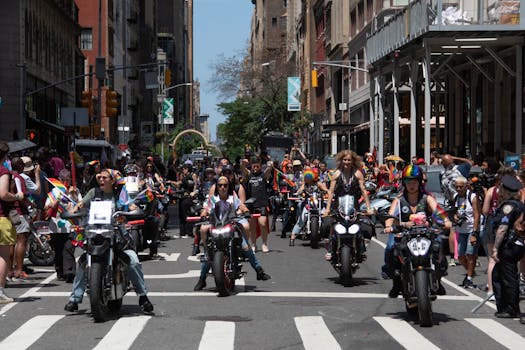
# Preserving Pride: How Latin America’s LGBTQ+ Archives Are Fighting Back
In Latin America, where LGBTQ+ communities have long faced discrimination and violence, preserving history isn’t just about remembering—it’s an act of defiance. Grassroots archivists and activists are turning personal stories into powerful tools for justice, ensuring that marginalized voices are never erased.
## Memory as a Weapon Against Erasure
Systematic violence and political repression have often silenced LGBTQ+ narratives across the region. But today, community-led projects are reclaiming those stories, digitizing old photographs, recording oral histories, and collecting protest memorabilia. These archives serve as both a tribute to resilience and evidence of ongoing struggles.
### Why These Archives Matter
– Demanding Accountability – Many collections document human rights abuses, helping activists push for legal recognition and reparations.
– Building Solidarity – Shared histories foster connections between younger and older generations, strengthening movements.
– Challenging Stereotypes – By showcasing everyday lives, love letters, and cultural contributions, archives dismantle harmful myths.
## Grassroots Movements Leading the Way
From Mexico’s Archivo de la Memoria Trans (Trans Memory Archive) to Brazil’s Museu da Diversidade Sexual (Museum of Sexual Diversity), these initiatives are often volunteer-run and crowdfunded. They prioritize firsthand accounts over institutional narratives, ensuring authenticity.
### The Fight for Recognition
Despite their importance, many of these archives operate on shoestring budgets, facing threats from conservative governments and societal stigma. Yet, their very existence is a testament to the power of collective memory—proving that even in the face of oppression, stories can’t be buried forever.
What’s next? As digital platforms expand access, these archives are becoming global resources, amplifying Latin America’s LGBTQ+ legacy far beyond its borders. The message is clear: remembering is resisting.
